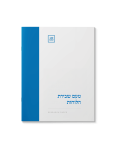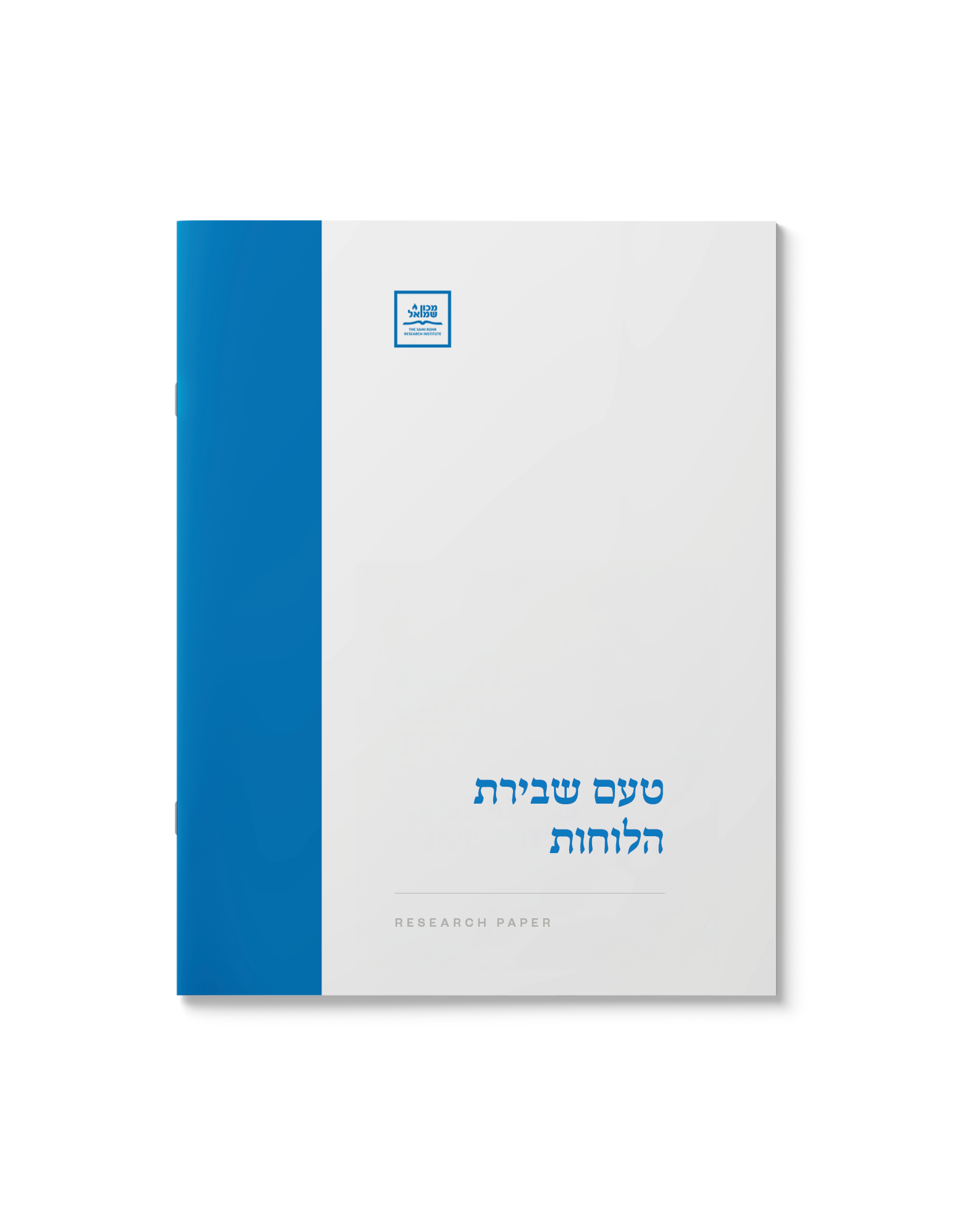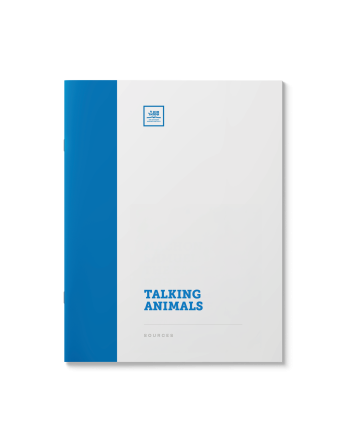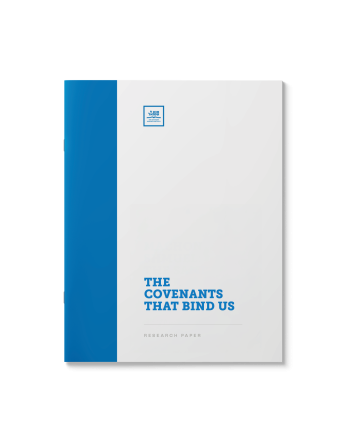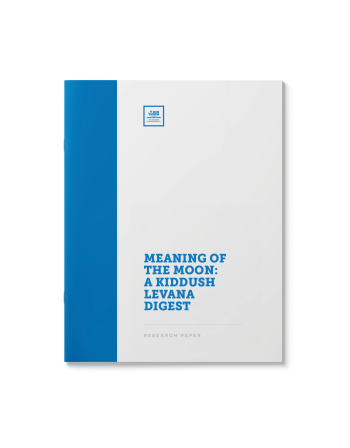טעם שבירת הלוחות
$39.00
ההנחה הפשוטה היא כי שבירת הלוחות היתה תוצאה מרוגזו של משה על חטאם של ישראל. אלא שמבט נוסף במפרשי המקרא מגלה טעמים וממתקים נוספים על דבר כוונתו של רוען של ישראל. שבעים פנים לתורה.
| Language | Hebrew |
|---|---|
| Paper Type | Research Paper |
| Pages | 6 |
Related Products
The Torah’s account of the feud of Korach raises many questions. By saying, “I shall consume them in an instant” G-d seems to appear vengeful. Why was it necessary to demonstrate such staggering might? Why was it specifically the Ketores that was used to stem the spread of the plague after the demise of Korach?
We know precious little about the wife of Yosef HaTzaddik, the woman who is said to be the daughter of Potiphar. Who was she and what happened to her? What role did she play in the story of Yosef and Potiphar’s wife? A profile on one of history’s mystery figures.
Man was set apart from the animal kingdom by his ability to speak. How were Chava and Bilam able to converse with the snake or donkey? Were these conversations real?
The Bible seems to be littered with tales of
the misdeeds of the righteous. Is it naïve to ignore these stories? Do we need
to reconsider our role models? How can we interpret these stories truthfully but
in a way that confirms the holiness of our heroes?
There are many covenants between G-d and the Jewish people described in the Torah, such as the covenants with Avraham, before Matan Torah, before entering Eretz Israel, as well as many others. What is the significance of each covenant according to the traditional and mystical meanings?
The circumstances surrounding the birth of King David remain obscure. Legend has it that Nitzeves endured great personal sacrifice in mothering the Sweet Singer of Israel. How is this chapter in King David’s life understood through the lenses of Torah scholarship?
How could a father be so willing to kill his son? Did Avraham fail to ask for divine mercy for Yitschak? And why is Avraham, not Yitschak, the celebrated hero of Akeidat Yitschak?
Moshe’s name is perhaps the most recognized name in all of Judaism, the name of arguably the greatest Jewish leader of all time – and a name that was given to him by an Egyptian Princess. Why did the Torah choose his Egyptian name as the name to be remembered for posterity? Why wasn’t his Jewish name recorded? And what was his Jewish name?
In 1903 professor Simon Newcomb argued that human flight was a “mathematical impossibility,” but that same year, the Wright Brothers successfully launched the first powered airplane.
Having your travel route shortened and arriving at your destination almost momentarily is known in Biblical terms as Kefitzas Ha-derech. It may be “naturally impossible,” but miracles do happen! From Avraham to the Baal Shem Tov, some of our greatest heroes experienced this firsthand.
Read this paper to explore this fantastic feat, its history and halachic ramifications. Have a safe trip!
(67 pages)
Submitted by a Shliach in Florida
Jews have always cherished the land of Israel, and yearned to be buried there upon their passing. They also seek to have their grave marked honorably, so as to enable loved ones to visit and pray. Yet Moshe Rabbeinu merited none of these, buried in “the Valley of Moab,” where “no person knows the place of his burial unto this day”.
Why was he assigned this fate? Does this somehow reflect his life’s unparalleled accomplishments?
(Hebrew)
The Biblical account of Sarah’s treatment of Hagar is well-known. How do the classic commentators and other authorities understand her behavior? Is she to be criticized or vindicated? What moral defense can be offered for Sarah banishing Yishmael?
Dovid Hamelech remains one of the most famous yet most mysterious men in Jewish history. A king and a sage, a warrior and a poet, his accomplishments seem to be a cluster of contradictions. Study the life of one of Israel’s greatest kings, with an emphasis on the viewpoint of Chassidus.


